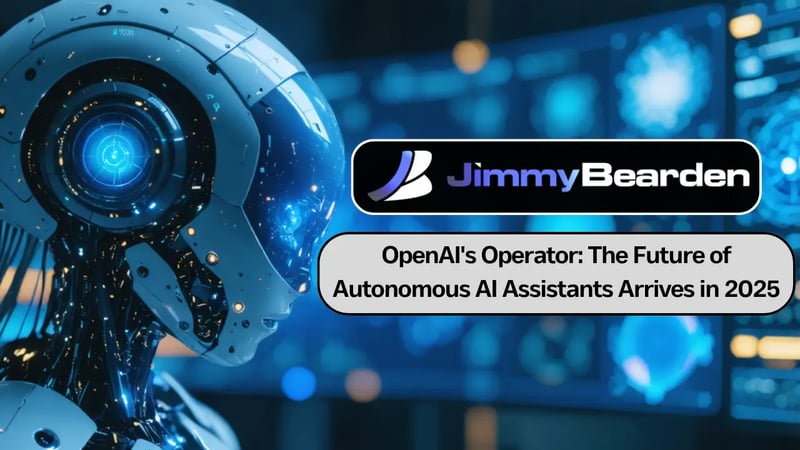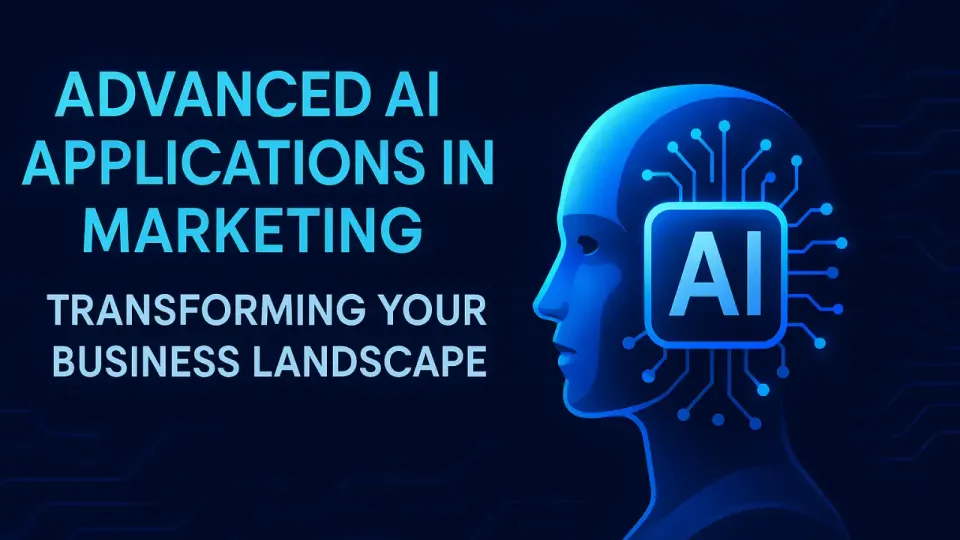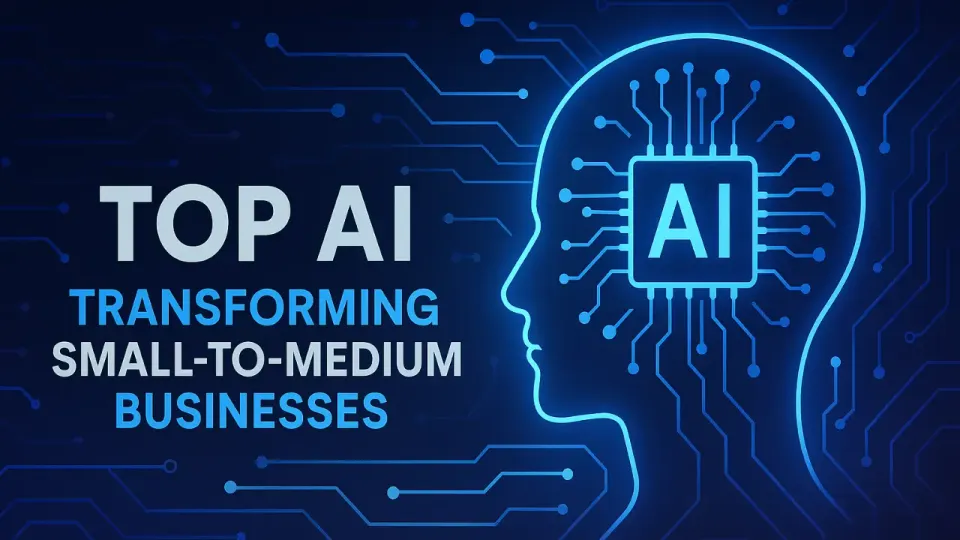OpenAI's Operator: The Future of Autonomous AI Agents

OpenAI's Operator: A New Frontier in Autonomous AI Agents
In a groundbreaking move set to reshape the landscape of artificial intelligence, OpenAI is poised to unveil its latest innovation: Operator. This autonomous AI agent, scheduled for release in January 2025, represents a significant leap forward in the realm of AI-powered digital assistants. Designed to independently control computers, navigate the web, and execute online transactions, Operator promises to revolutionize how we interact with technology and manage our daily digital tasks.
The introduction of Operator comes at a time when the tech industry is increasingly focused on developing agent-based AI solutions. As companies like Anthropic and Google work on their own AI agents, OpenAI's entry into this competitive market underscores the growing importance of autonomous AI in shaping the future of technology and productivity.
Capabilities and Applications
Operator's capabilities extend far beyond simple voice commands or predefined scripts. This advanced AI agent is engineered to handle a wide array of complex tasks with minimal human intervention. From scheduling meetings and managing emails to booking travel and writing code, Operator aims to streamline countless aspects of our digital lives. Its ability to learn user preferences and optimize workflows positions it as a highly personalized digital assistant, capable of adapting to individual needs and habits.
One of Operator's most promising features is its real-time responsiveness. Unlike traditional automated systems that may require time to process requests, Operator is designed to act promptly on user commands. This immediacy could prove invaluable in scenarios requiring quick decision-making or rapid task execution, such as navigating time-sensitive web forms or managing dynamic online transactions.
Implications and Considerations
While the potential benefits of Operator are substantial, its development also raises important questions about security, privacy, and ethics. Given the agent's ability to handle sensitive tasks like online payments and personal data management, OpenAI faces the critical challenge of implementing robust security measures to protect user information. The company's approach to addressing these concerns will likely play a crucial role in shaping public trust and adoption of the technology.
Furthermore, the broader implications of Operator and similar AI agents on the job market and various industries cannot be overlooked. As these technologies become more sophisticated, they have the potential to automate increasingly complex processes, potentially leading to significant shifts in employment landscapes across sectors. This transformation prompts important discussions about the future of work, the need for reskilling initiatives, and the ethical considerations surrounding AI-driven automation.
"Joining this community has been a game-changer for staying updated on the latest trends & events!" - John B.





